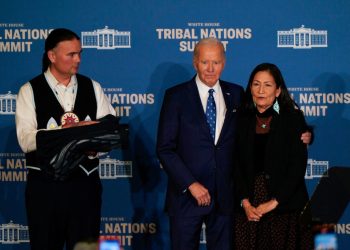After more than a year of online classes, regular coronavirus tests and mask mandates, most of the nation’s colleges are gearing up for what passes for a normal return to campus in the fall.
The widespread availability of COVID-19 vaccines is making that possible, but colleges are likely to remain wary. Though nearly half of adult Americans are fully inoculated, only about 30% of 18- to 24-year-olds have reached that benchmark, according to data from the Centers for Disease Control and Prevention.
College students pose a high risk to efforts to control the pandemic. Last September, counties home to universities suffered many of the nation’s worst COVID-19 outbreaks. But colleges are determined to find ways to resume full, in-person courses. Students and professors struggled with online learning, and universities lost revenue tied to in-person costs such as dorms, meal plans and even athletics.
So some colleges will require students to provide proof they received COVID-19 vaccines. Here’s what you need to know about those requirements – and exceptions to them.
How many colleges will require a COVID-19 vaccine?
So far, about 400 or so colleges plan to require that students who wish to learn in-person receive the Johnson & Johnson, Moderna or Pfizer shots, according to a list compiled by the Chronicle of Higher Education.
Both public and private universities have issued coronavirus vaccine mandates for students, though state colleges in…

























































